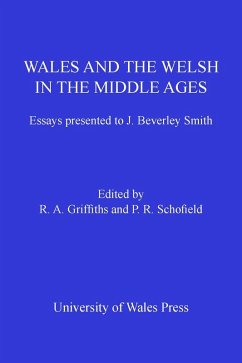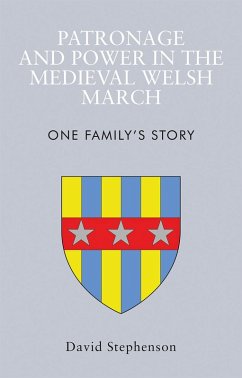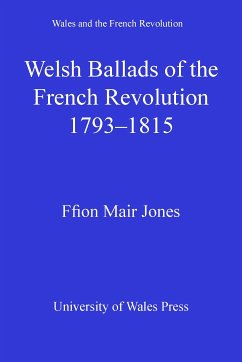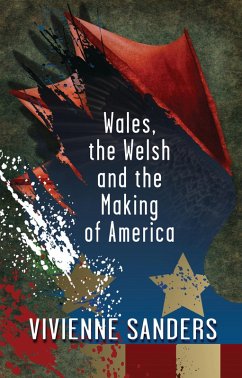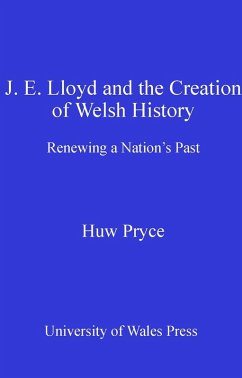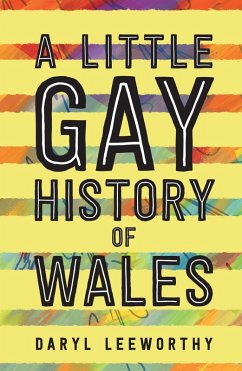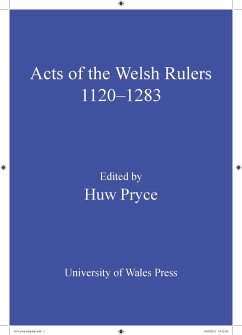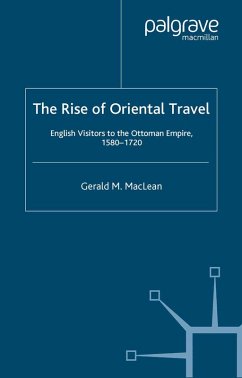
Medieval Welsh Medical Texts (eBook, PDF)
Volume One: The Recipes

PAYBACK Punkte
22 °P sammeln!
This volume presents the first critical edition and translation of the corpus of medieval Welsh medical recipes traditionally ascribed to the Physicians of Myddfai. These offer practical treatments for a variety of everyday conditions such as toothache, constipation and gout. The recipes have been edited from the four earliest collections of Welsh medical texts in manuscript, which date from the late fourteenth century. A series of notes provides sources and analogues for the recipes, demonstrating their relationship with the European medical tradition. The identification of herbal ingredients...
This volume presents the first critical edition and translation of the corpus of medieval Welsh medical recipes traditionally ascribed to the Physicians of Myddfai. These offer practical treatments for a variety of everyday conditions such as toothache, constipation and gout. The recipes have been edited from the four earliest collections of Welsh medical texts in manuscript, which date from the late fourteenth century. A series of notes provides sources and analogues for the recipes, demonstrating their relationship with the European medical tradition. The identification of herbal ingredients in the recipes is based on pre-modern plant-name glossaries rather than modern dictionaries, and has led to new interpretations of many of the recipes. Comprehensive glossaries allow the reader to find any recipe based on the ingredients and equipment used in it or the condition treated. This new interpretation of these texts clearly shows that they are not unique, but rather form part of the medical tradition that was common throughout Europe during the Middle Ages.
Dieser Download kann aus rechtlichen Gründen nur mit Rechnungsadresse in A, D ausgeliefert werden.




